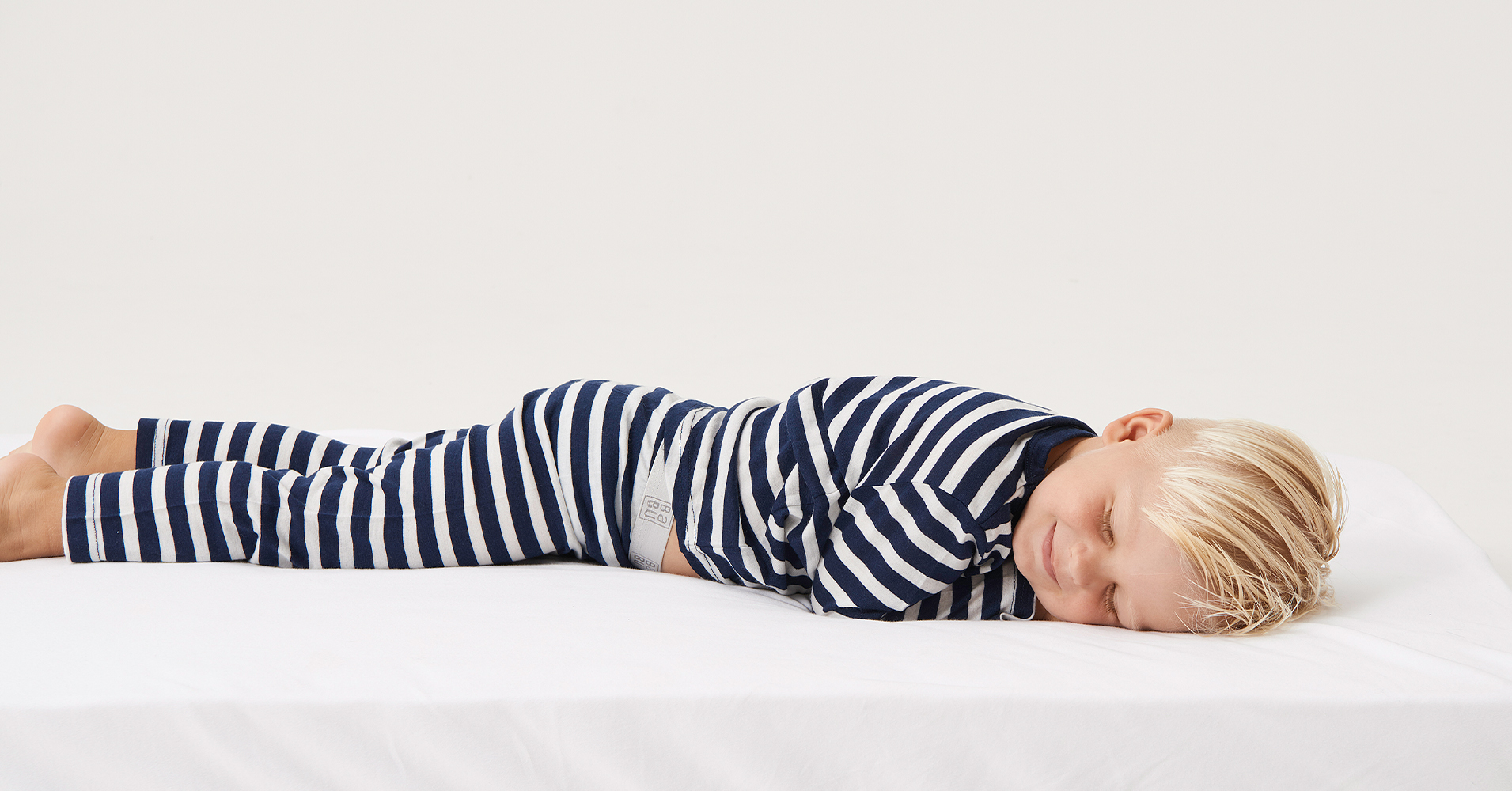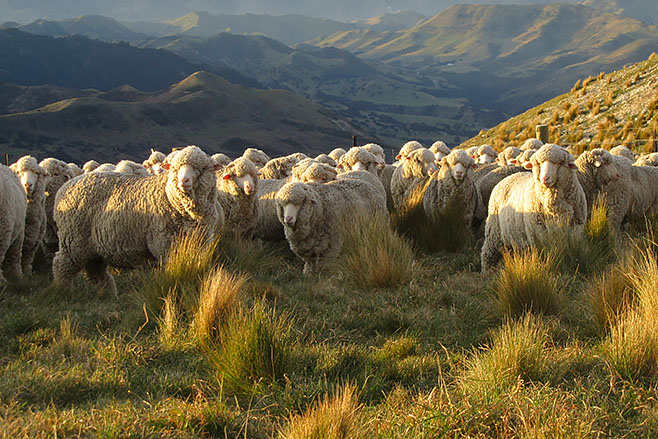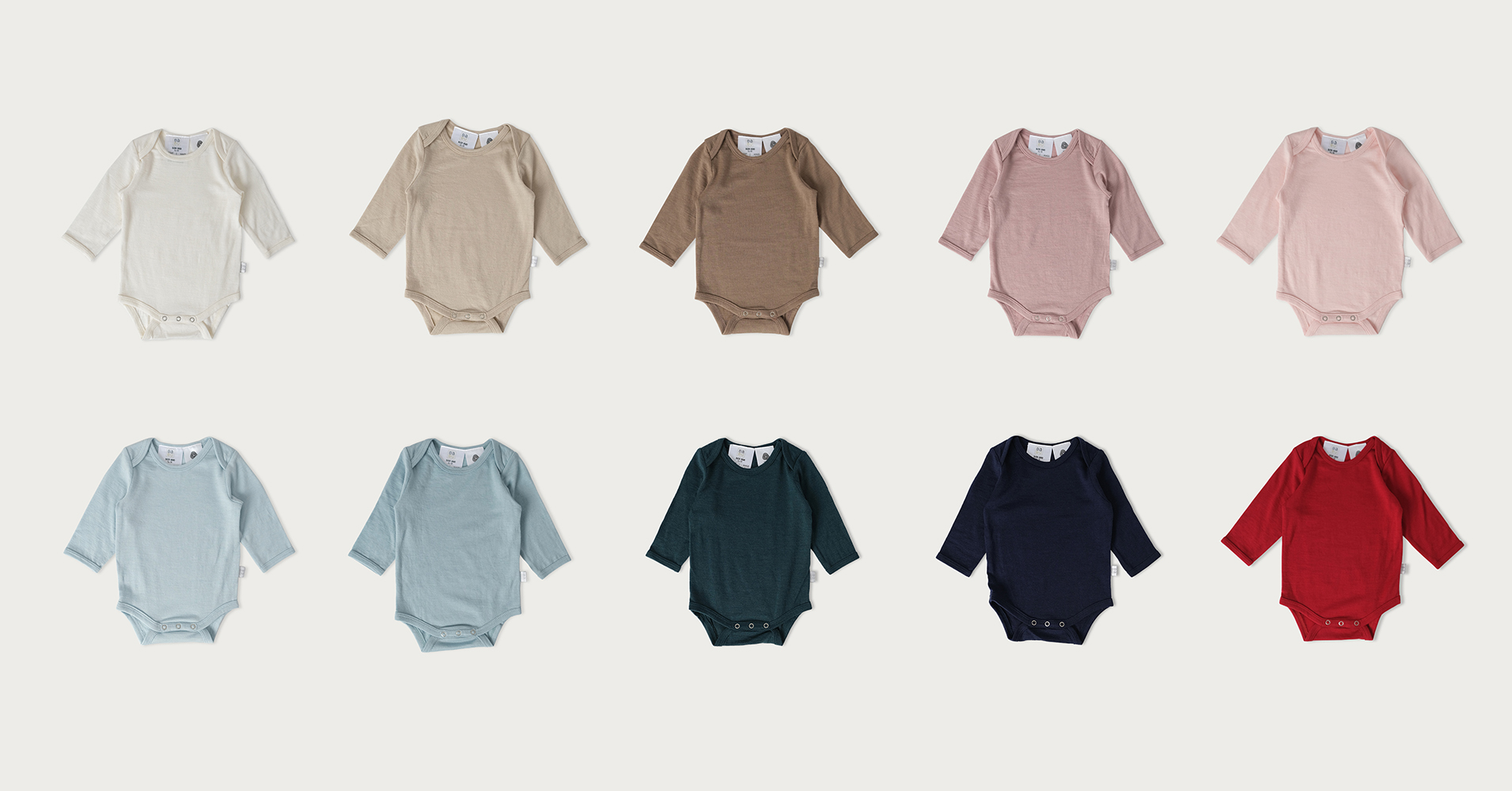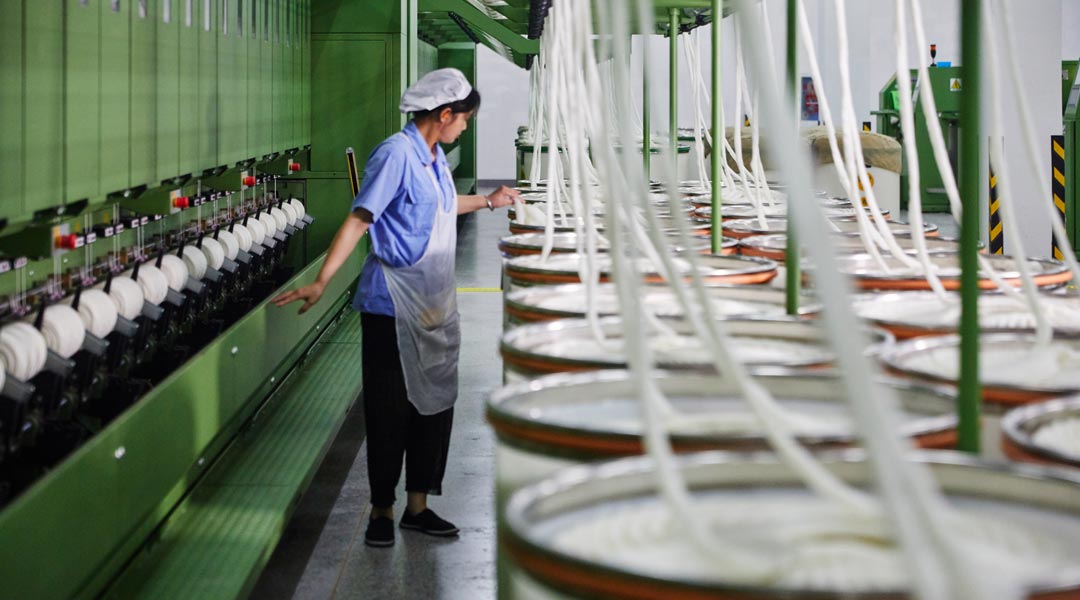Posted by Babu on 22nd Sep 2022
Babu Merino
Babu Merino
Babu Merino products have a good reputation with hundreds of positive reviews and many return customers saying it's the best merino they have purchased, lasts longer, wears better and is softer than other high-profile and ‘premium’ brands. So what is it about babu merino that gets customers returning year after year.
Babu have become experts in bringing you premium merino products. With merino as one of our key offerings we have perfected our product over the last 20 years. We want our products to feel luxurious, to last a long time, and be sure that it meets our ethos and is genuinely ‘made nicely’.
To understand our process we must first look at what merino is…

What is Merino?
Merino is a type of sheep breed originally from Spain and is the breed of sheep offering the finest wool in the world. Years of innovative breeding have resulted in some ultra-fine Merino wools to be naturally even finer than cashmere.
Merino is shorn from the sheep annually, it is then ‘classed’ (a form of grading), sent to be processed into yarn (cleaned, spun, dyed) and then either woven, knitted or felted into the varying types of fashion and utility fabrics. To learn more about this and the difference between the ‘worsting’ and ‘woollen’ processing cycle watch this informative video from Woolmark.
Merino wool is the world's finest and softest wool. Its benefits are so great that no other fibre, natural or man-made, can match it.
Because merino is so soft and fine, it is used for high-quality, soft-handling fabrics and knitting yarns.
Merino wool has a unique scale structure, with differing patterns depending on the animal which they come from. Cellulosic fibres – cotton, silk and linen – and synthetic fibres such as polyester do not have these unique scales. These scales (or crimp) are important for protection, felting behaviour and the handle of finished products such as apparel. They also provide a natural water-resistant surface, breathability, and odour resistance.

What makes the best Merino products?
The world's best merino wool comes from Australia, which provides 81% of the world's superfine wool, from woolgrowers who employ sustainable farming practices.
The quality of a finished merino garment is all about the micron and the quality of the textile producer. Just like every product we make, we start with the very best yarn we can. A fine merino will always feel softer, have far less or no wool itch, wash better, and wear better.
A micron is the measurement of the diameter of a wool fibre. A lower micron number means a finer fibre. Merino wool is the finest and usually measures anything from 15 to 25 microns but can still be finer. However, the moths love a fine merino! Read our blog on how to get rid of clothes moths.
Other wool varies in micron and this depends on the breed, health, and age of the sheep. More coarse microns such as 27 and above, are normally reserved for home textiles and carpets.
To put things into perspective, a human hair is around 60-100 microns.

What makes a great Merino yarn supplier?
Finding the right Merino supplier took hard work, many factory visits, and help from organisations such as Woolmark who assisted us to find a good match that met all our requirements.
New Zealand has very few facilities for production left, we search for and use the best possible partners with state of the art equipment and facilities & highly trained staff. Our overseas partners have social audits with some providing organic food for their staff, exercise programs and community initiatives.

Ethical Production
No matter who we work with it is important they follow ethical guidelines with their staff and that we tour facilities regularly to review and make sure the certifications they have are current and claims are correct.
Kind to the Environment
Wool is a naturally renewable resource and 100% biodegradable, it leaves no micro-plastic waste as opposed to synthetic fabrics, and wool garments are used for longer and washed less. However we also want to be sure our suppliers are following environmentally aware processes, and minimising any environmental impact as much as possible.
Premium Quality Yarn
There are so many different types of yarns and suppliers are always developing and perfecting new yarns, uses, and fabrics. We wanted a supplier who was committed to the development of new yarns and could provide us with an amazing range of fashion, environmental, easy care and luxury yarns.
Colour Range and Flexible Production
We needed a merino supplier that had a good base range of stock colours, especially melange and who could work with smaller dye batches.
State of the Art Equipment and Development
We also wanted someone who had state of the art equipment including fabric research and education.
Guaranteed Mulesing FREE
Mulesing is a surgical procedure applied to sheep to prevent fly-stike. However, it can be painful for the animal and is often performed without anaesthetic. The practice is illegal in New Zealand, but it is still done in some other parts of the world. Woolmark and animal welfare agencies are working with the industry to reduce the need for the practice and find viable alternatives.
Where do Babu Merino products come from?
All Babu Merino is sourced from Australian and New Zealand farms who are guaranteed Mulesing free. The premium merino is then processed in Zhejiang province, China, by our state of the art yarn supplier.
Our yarn supplier
A leader in the wool spinning industry, our supplier produces all of our Babu merino yarns. They specialize in Merino wool & Merino wool blend yarns for knitted products.
The current director of the company took over from his parents in recent years, and grew up in the wool spinning industry inspiring their slogan “Wool is our DNA”.
They have a great education area and history of wool. Their state-of-the-art factory is in Zhejiang province located close to Shanghai & employs about 2,500 personnel.
In 2016 they established a Knitwear Development Centre (KDC) to conduct research and development of new yarns.
They have an excellent sustainability focus, using 50% recycled water in their production, and continue to implement solar panels currently producing 6 million kwh of solar power per year! They have a continuing commitment to developing their plant sustainability, citing that there is no start or end point to reducing environment impact, it is an integral and ongoing daily focus.






